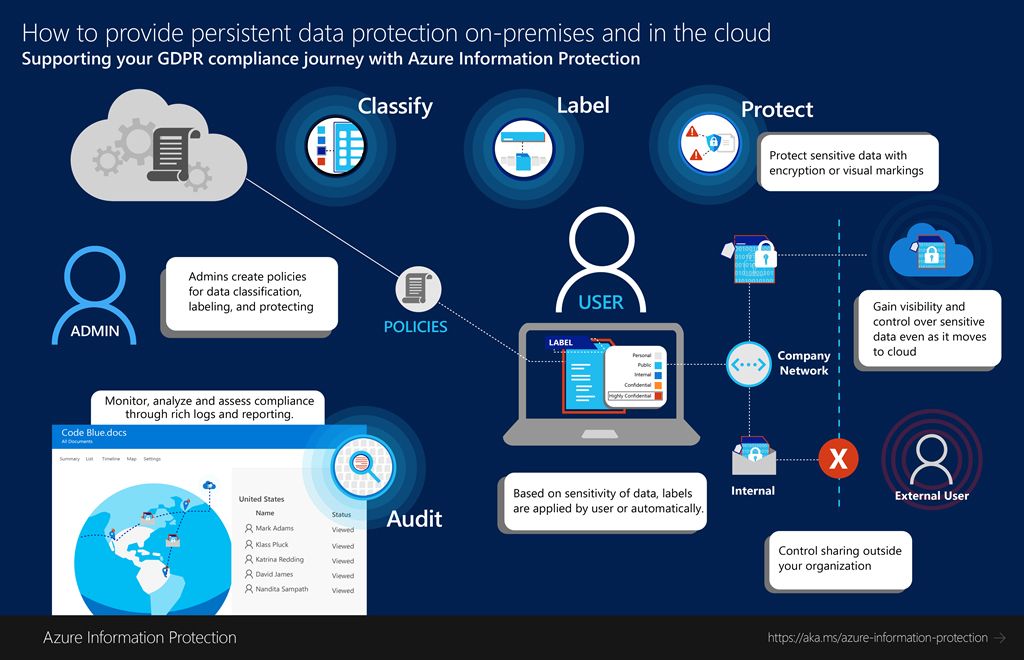Smart Tools for Solid Structures: Sophisticated Software in Construction Solutions
Effectively managing a construction project poses considerable challenges. Throughout the industry, those in leadership roles encounter a diverse array of obstacles that jeopardize site efficiency, adhere to budgetary constraints, and ultimately impact project deadlines. These challenges, often termed “pain points,” emanate from factors beyond the industry’s control, such as supply chain disruptions, as well as internal factors stemming from the inherently chaotic and highly variable nature of construction.
Below, we will briefly explore several strategies to address prevalent pain points in the construction industry through the incorporation of cutting-edge technology.
A significant contemporary challenge revolves around inefficient documentation practices. From inspection reports to maintenance history, a plethora of data requires meticulous organization and accessibility throughout a project’s lifecycle. Poorly managed information could impede decision-making, waste time, impact compliance, and more. Consequently, there is a compelling need to handle and store all forms of paperwork digitally.
Thankfully, cost-effective software programs are now available to digitize paperwork, ensuring easy access to various construction project and fleet data. These digital documentation solutions not only enhance data tracking capabilities but also eliminate manual auditing and organization, thereby freeing up time to enhance operational efficiency elsewhere. Moreover, appropriately chosen fleet maintenance software contributes to averting costly machine breakdowns and downtime through proactive maintenance techniques and optimized scheduling.
In a similar vein, the adoption of telematic systems has the potential to revolutionize the management of truck and construction fleets. Integrating telecommunications and information processing, this technology streamlines operations by collecting real-time data on driver behavior, vehicle condition, route planning, and more. Telematics equips leaders with the information and valuable insights necessary to make more effective decisions.
Furthermore, telematics can play a constructive role in complying with safety and environmental regulations. Detailed reports on essential compliance-related metrics assist managers in ensuring the entire fleet operates within legal boundaries and adopts eco-friendly, fuel-saving strategies.
Lastly, another pain point amenable to technological solutions is asset tracking. Fleet tracking software provides managers and construction companies of all sizes with the capability to meticulously monitor equipment, materials, and other valuable resources. Real-time visibility facilitates improved resource allocation, empowering those in charge to establish and maintain more efficient business operations.



